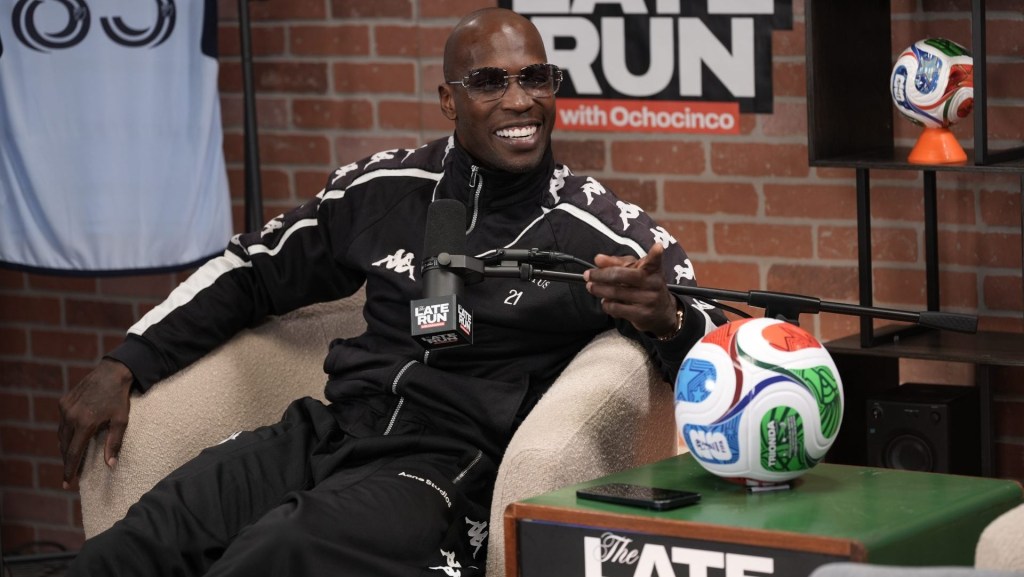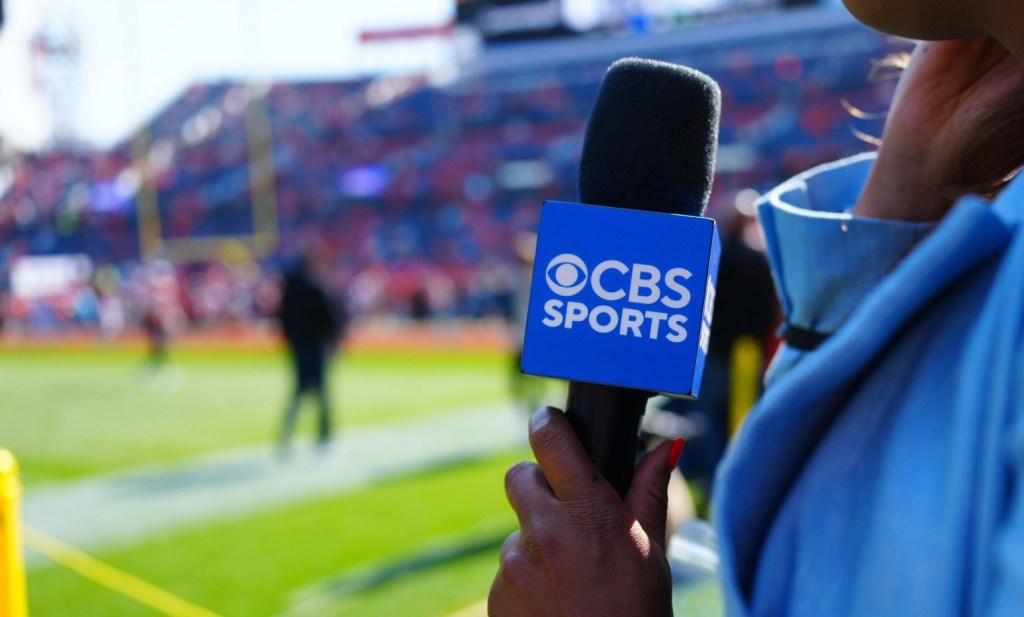Player free agency in Major League Baseball won’t begin until after the World Series. But in a newly crowded free-agent market for teams’ local media rights, the league has already doubled its roster of clubs beginning in 2025.
MLB said Tuesday it will produce and distribute games starting next season for the Brewers, Guardians, and Twins. The three clubs—including playoff teams this year in Cleveland and Milwaukee and a near-miss in Minnesota—each had prior contracts with the bankrupt Diamond Sports Group expire with the end of the 2024 regular season. They will join the Diamondbacks, Padres, and Rockies in MLB’s collection of clubs for which it is handling local media rights, and in each situation, league officials will lead efforts to strike various local distribution agreements and develop an in-market, direct-to-consumer streaming offering.
With the move, the Guardians in particular will expand their local broadcast reach from about 1.45 million households to 4.86 million, while the Twins will grow from a reach of about 1.08 million homes to a new total of 4.4 million.
“With the media landscape continuing to evolve, Major League Baseball is committed to serving our fans by ensuring they can see their favorite clubs, removing blackouts where we can, and ultimately growing the reach of our games,” MLB deputy commissioner Noah Garden said in a statement.
Decision Time
The clubs’ choice to go with the league option for local broadcasts arrives just days after DSG said it intends to shed nearly all of its baseball coverage, a large-scale move set to render significant impacts on the sport. With a growing number of teams similarly thrust back on the market, there are three primary options before them:
- Return to DSG. This move would require dramatically reduced rights fees, similar to what the NBA and NHL recently did, and brings on the risk that DSG might not emerge from bankruptcy. DSG, however, has sought to renegotiate with clubs.
- Go with the MLB option. This choice likely offers the most certainty that games will be produced professionally and reach the maximum number of fans. But it also typically requires a revenue hit compared to the traditional regional sports network model.
- Strike an independent arrangement. A growing number of NBA and NHL teams are moving in this direction, based heavily on local, over-the-air television. MLB’s Rangers, another team that recently finished a DSG contract, are reportedly looking into launching their own RSN, and MLB confirmed Tuesday the club will not return to the company. There is more team control in this option but also significantly more upfront work.
Before the end of the regular season, the Twins told Front Office Sports they were considering each of those options.
As the MLB local media situation evolves, DSG is also nearing a naming rights deal with sports betting giant FanDuel for its RSN, while it also seeks more financing for its reorganization.
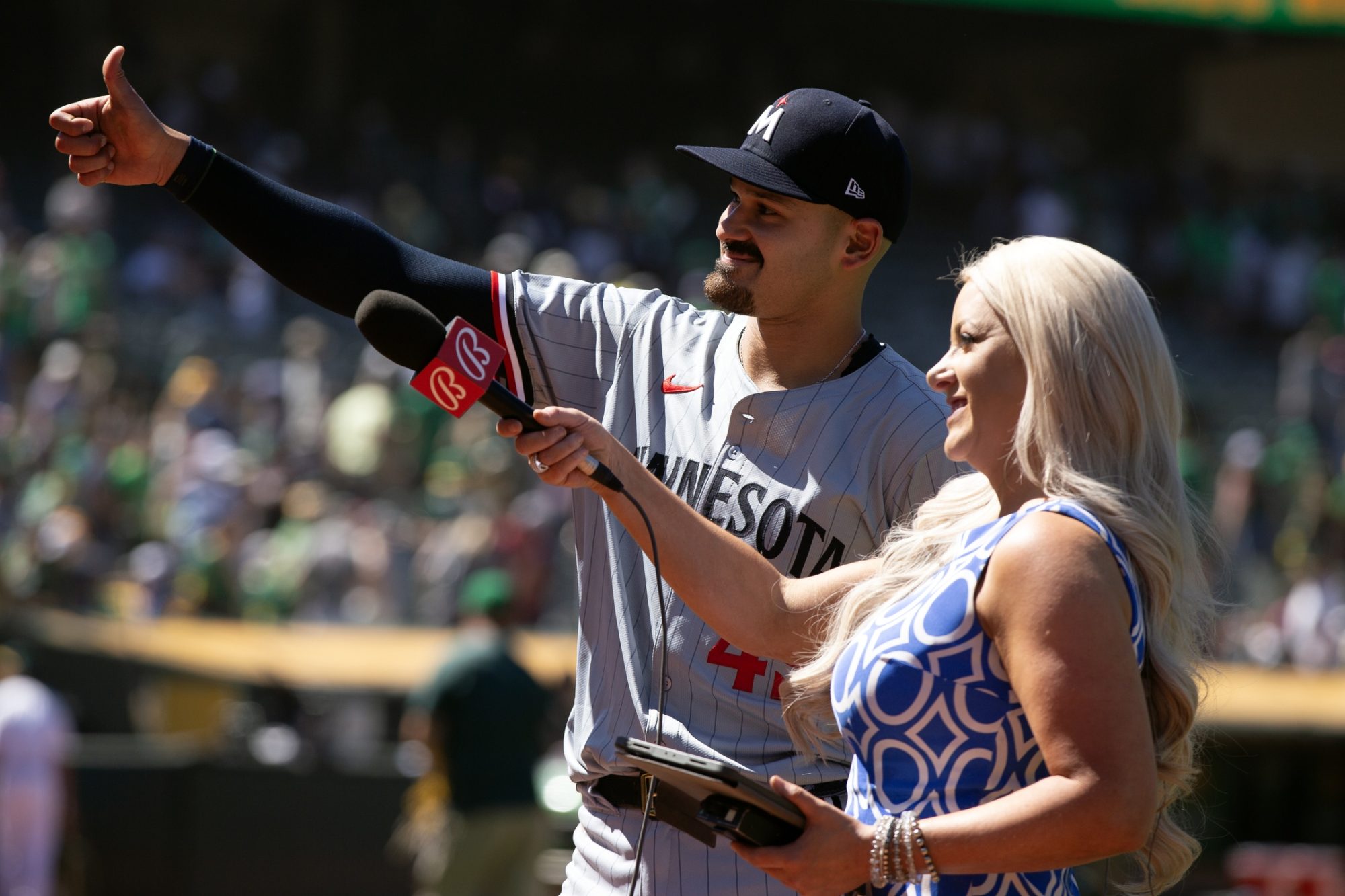
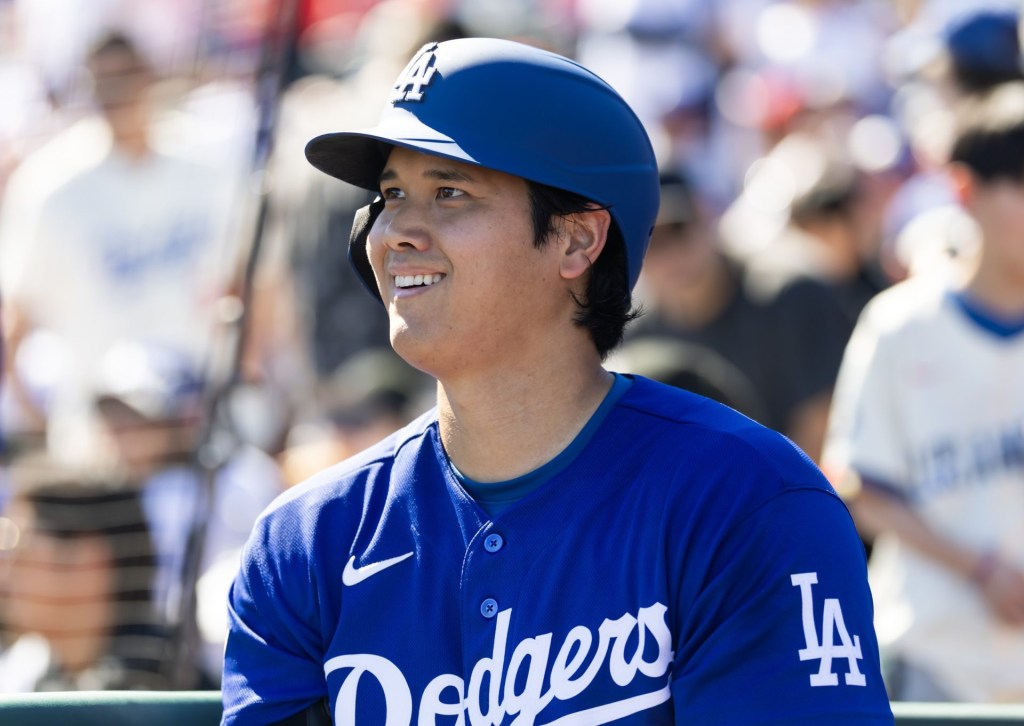

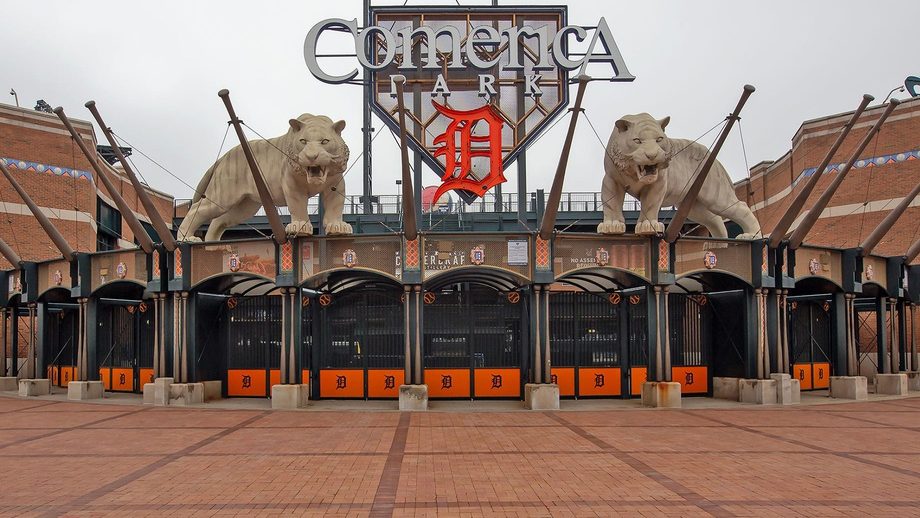
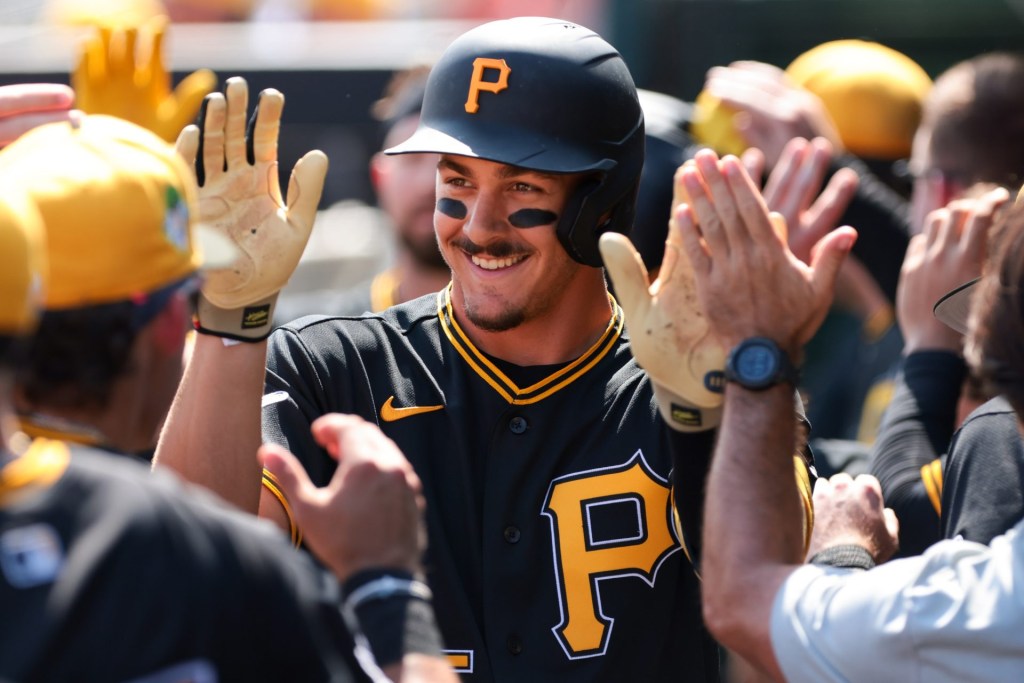


![[Subscription Customers Only] Jun 15, 2025; Seattle, Washington, USA; Botafogo owner John Textor inside the stadium before the match during a group stage match of the 2025 FIFA Club World Cup at Lumen Field.](https://frontofficesports.com/wp-content/uploads/2026/02/USATSI_26465842_168416386_lowres-scaled.jpg?quality=100&w=1024)
![[Subscription Customers Only] Jul 13, 2025; East Rutherford, New Jersey, USA; Chelsea FC midfielder Cole Palmer (10) celebrates winning the final of the 2025 FIFA Club World Cup at MetLife Stadium](https://frontofficesports.com/wp-content/uploads/2026/02/USATSI_26636703-scaled-e1770932227605.jpg?quality=100&w=1024)




